
Aid organisations sound alarm over trafficking risk to women and children fleeing Ukraine – what you can do to stay safe
Aid organisations across Europe are warning Ukrainian refugees of the danger of human trafficking as they flee the war in their homeland, with both women and children at risk, and urging refugees to be aware of the dangers and to follow basic tips for safety.
The International Organization for Migration (IOM) this week issued a warning about the risk of trafficking in persons as well as sexual exploitation and abuse as the number of vulnerable people fleeing the war in Ukraine continues to rise.
Instances of sexual violence have already been reported, and there have been indications of potential exploitation from some individuals offering transport or services to refugees, the IOM said in a statement on 16 March.
“IOM reports show that people fleeing Ukraine are predominately from single-headed households including women, children and older persons – some of whom are unaccompanied and separated – and third-country nationals,” said IOM Director General António Vitorino, adding these groups were especially vulnerable to the risk of trafficking.
The warning came after police in Berlin received reports of men harassing young women who have recently fled Ukraine, and warned women not to accept rides from lone men purporting to be volunteers.
German police say these are isolated incidents for now, but aid organisations are already mobilising to help refugees: “Many people offer help, but unfortunately not everyone can be trusted,” Dutch human trafficking NGO CoMensha warned this week. Across Europe, support groups are scrambling to offer advice and support to refugees, handing out flyers in places like railways stations or on social media, such as these from Germany, Austria and the Netherlands.
Stay safe on the move
Basic tips include:
- Don’t let go of your passport or ID. Take photo of identity documents in case of loss or theft and send a copy to friends/family.
- Never give a passport or ID to anyone other than state authorities.
- Keep your phone with you at all times.
- Memorise important phone numbers and credit card data, as well as social media logins and passwords.
- When travelling with children, help them memorise useful information, such as parents’ names and numbers.
- Hide the cash you carry on you, even in multiple places. Assume that any bag or luggage you carry may have to be left behind at some point.
- Try to travel in groups of 2-3 adults (and children).
- Communicate your intended route to family members.
- Develop a code word with friends and family so you can tell them if you are in danger but cannot say so.
- Take a picture of the licence plate before you get into a car and send it to friends/family.
- Ask to see an ID when you are offered an apartment or room, write down the name and address and send to friends/family.
- Do not accept support from someone who expects something in return. If you get to a place to stay and you do not feel safe, leave it.
- Be wary if someone promises you a lot of money quickly.
- Trust your gut feeling. Stay away from ‘helpers’who don‘t take “NO” for an answer.
These warnings are echoed on the Polish border, where humanitarian organisation CARE International has highlighted the risks faced by refugees, especially women and girls travelling alone.
“Access to many of these [border] crossings isn’t restricted, so one finds a lot of individuals – observed to be nearly exclusively men – gathered there offering refugees free rides to private accommodation in Polish and other European cities,” said Siobhán Foran from CARE international.
While the majority of volunteers have the best intentions, the volatile situation causes major concerns for the safety of disoriented, often traumatised refugees, many of them single women and underage girls. “Uncontrolled access to, and exit from, these sites present the perfect conditions to attract human traffickers,” Foran warned.
Children at risk
UNHCR and UNICEF have also warned of the risk to children, many of whom are unaccompanied or have been separated from their parents or family members. “Children without parental care are at a heightened risk of violence, abuse and exploitation. When these children are moved across borders, the risks are multiplied. The risk of trafficking also soars in emergencies.”
Missing Children Europe, the European Federation for Missing and Sexually Exploited Children connecting 31 grassroot organisations in 26 countries across Europe, has issued a warning for refugees crossing the borders from Ukraine: “Beware of individuals sharing false information and offering services for financial compensation. You can fill in the necessary documents at the border for free, you will not be refused entry into EU countries and the authorities will not separate you from your children.”
The organisation has launched Missing Children Ukraine, a web page dedicated to missing Ukrainian children. The website provides information on how to report a missing Ukrainian child across Europe, posters of Ukrainian children currently reported missing as well as resources to support missing children and their families fleeing Ukraine.
Find out more
National hotlines for human trafficking
European Commission: click here for information on how each EU country tackles, prevents, and identifies trafficking in human beings, as well as contact details of national authorities and other relevant organisations, such as NGOs working in the field of trafficking in human beings at national level.
La strada International European NGO Platform against human trafficking – members in 23 European countries
MOST READ
SEE ALSO
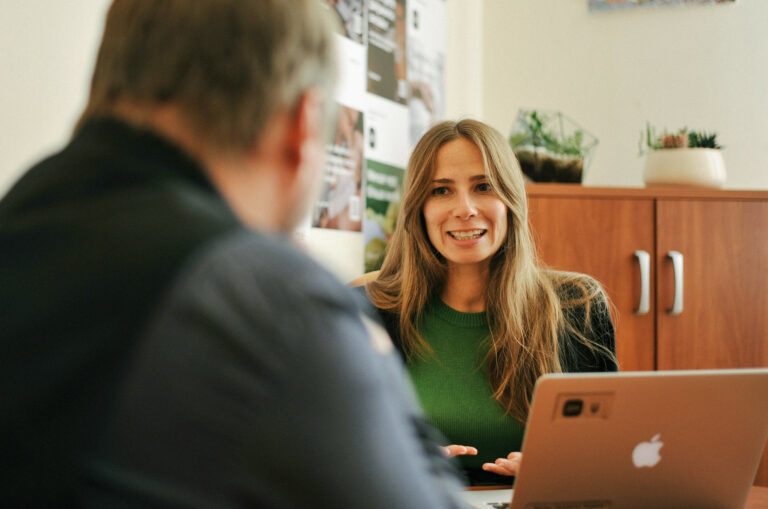
EU4DigitalUA: EU presents results of project supporting Ukraine’s digital transformation
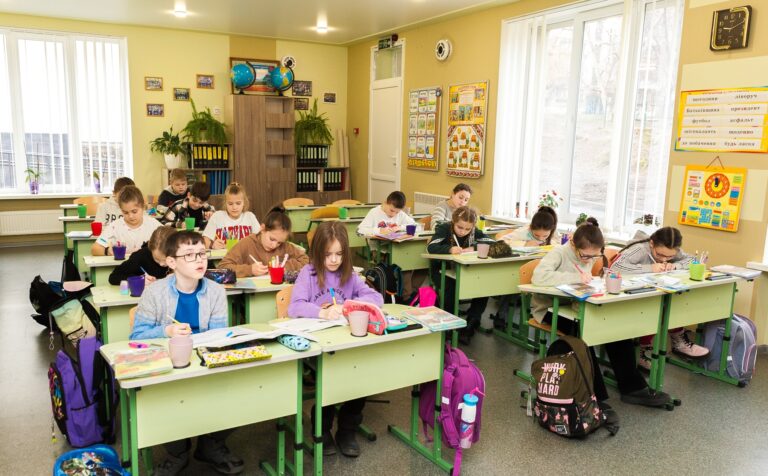
Kamianske school in Ukraine reopens after EIB-supported reconstruction
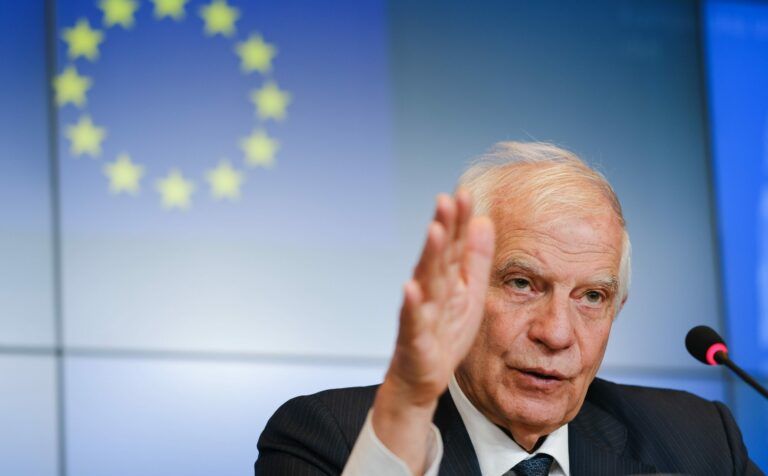
Borrell: some EU members willing to provide Ukraine with ammunition and air defence and interceptor systems
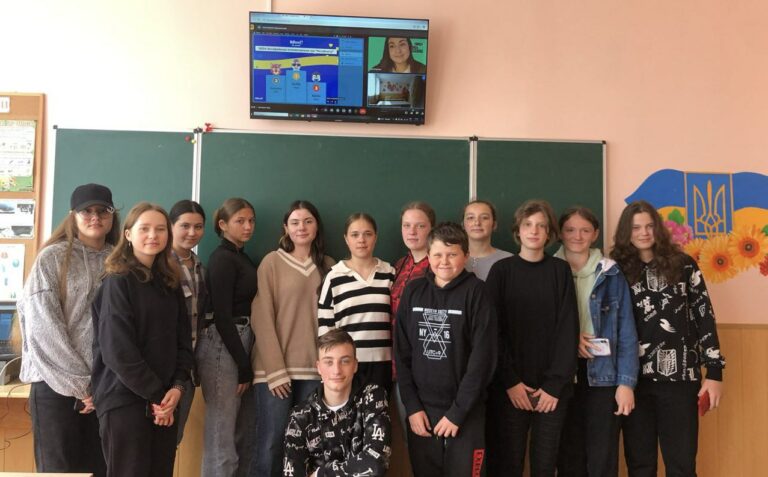
Young European Ambassadors in Ukraine engage students in Vinnytsia Region in game on disinformation
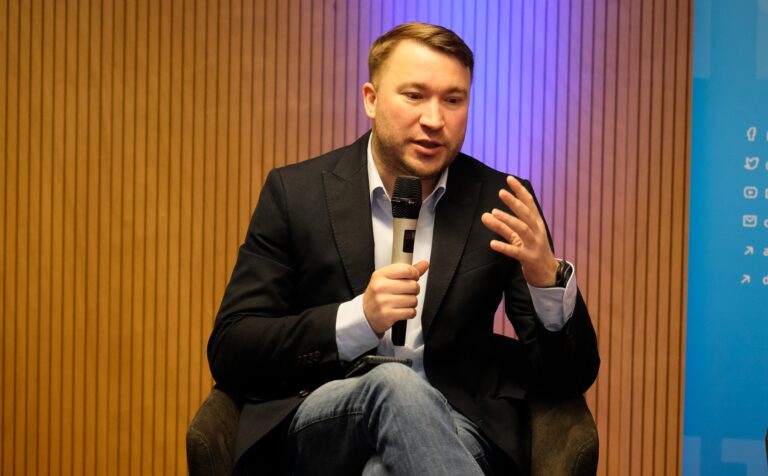
DW Akademie: EU-funded MediaFit programme hosts event for Ukrainian journalists in Brussels
More campaign pages:
Interested in the latest news and opportunities?
This website is managed by the EU-funded Regional Communication Programme for the Eastern Neighbourhood ('EU NEIGHBOURS east’), which complements and supports the communication of the Delegations of the European Union in the Eastern partner countries, and works under the guidance of the European Commission’s Directorate-General for Neighbourhood Policy and Enlargement Negotiations, and the European External Action Service. EU NEIGHBOURS east is implemented by a GOPA PACE-led consortium. It is part of the larger Neighbourhood Communication Programme (2020-2024) for the EU's Eastern and Southern Neighbourhood, which also includes 'EU NEIGHBOURS south’ project that runs the EU Neighbours portal.

The information on this site is subject to a Disclaimer and Protection of personal data. © European Union,







